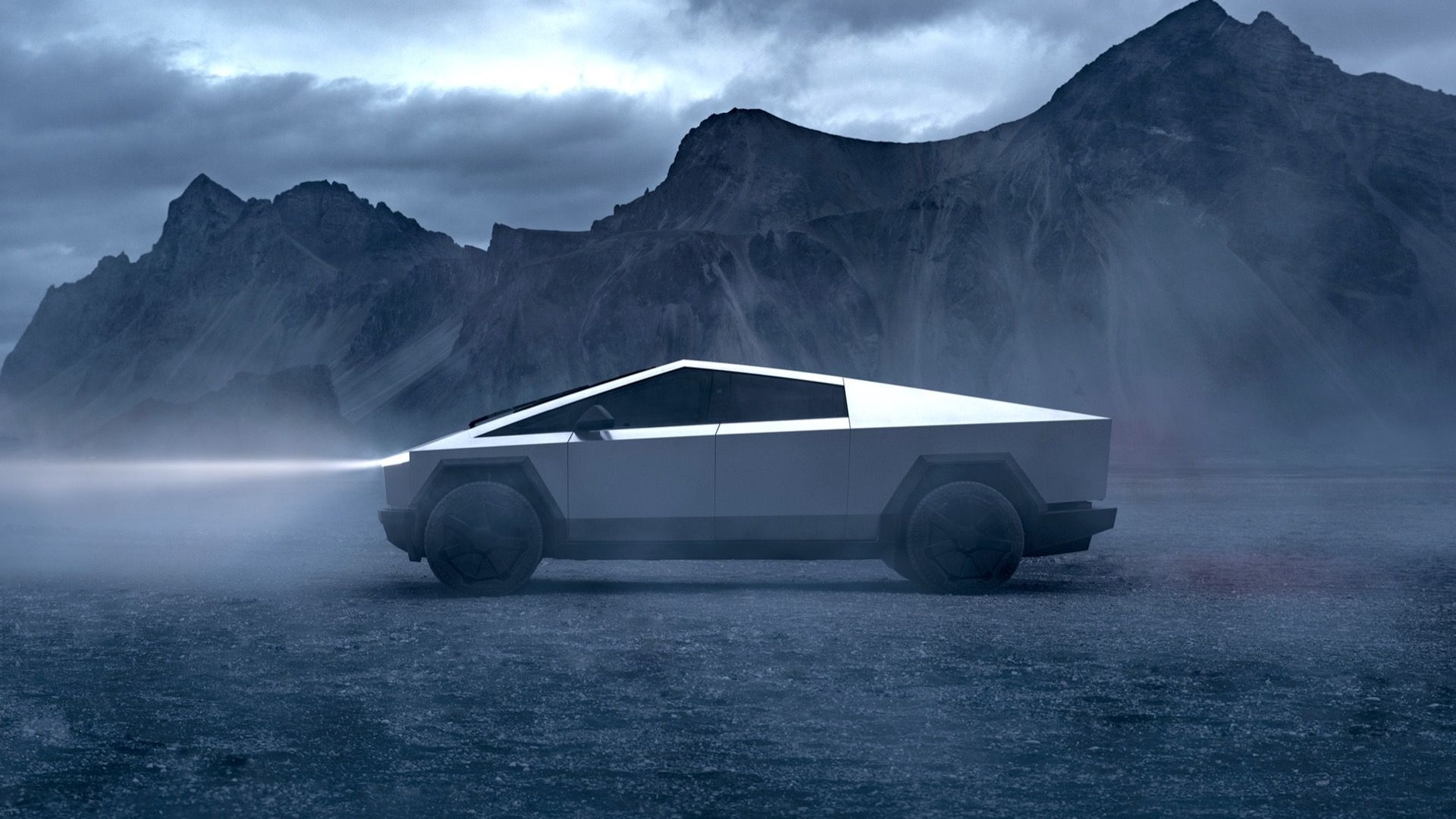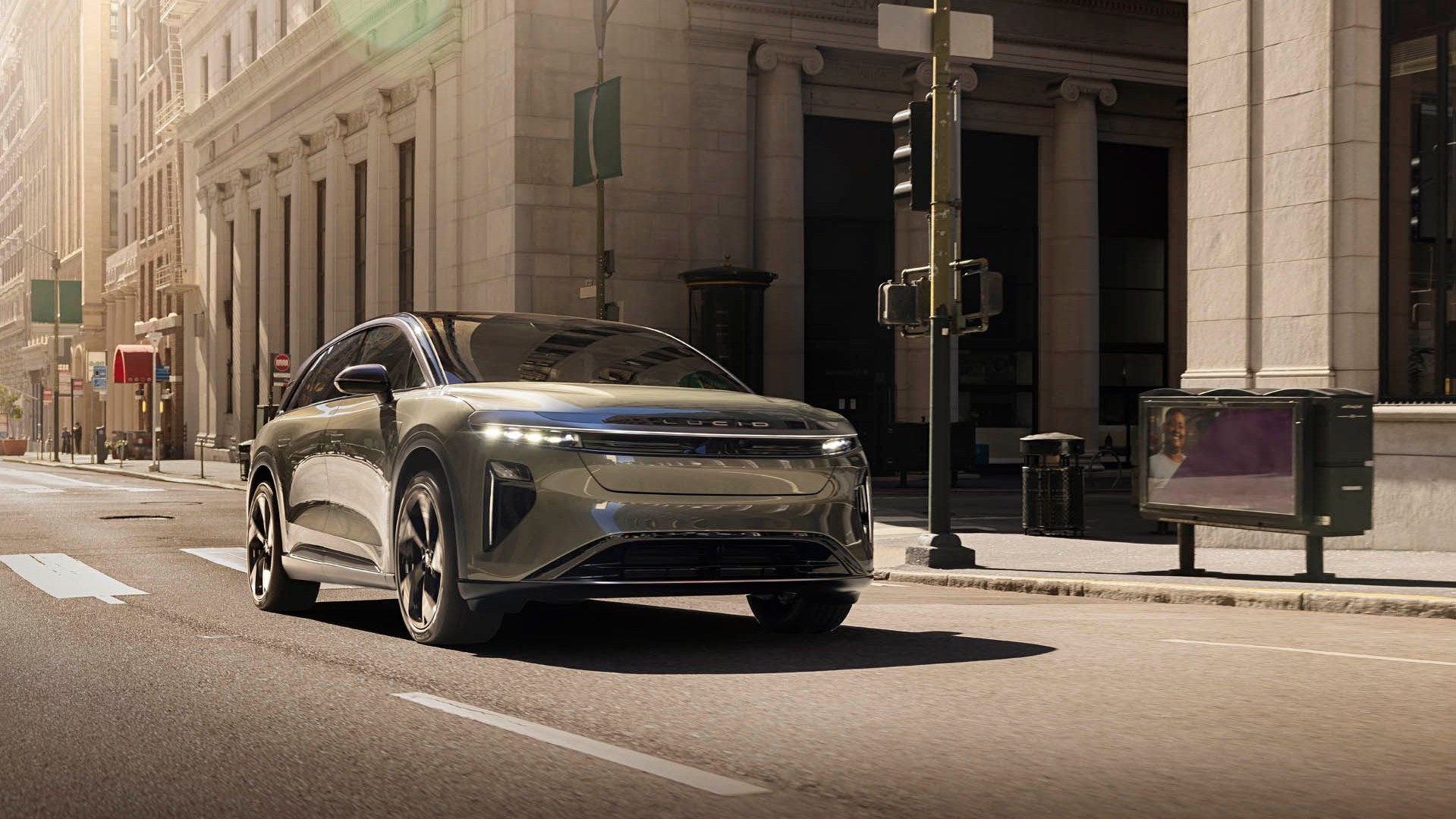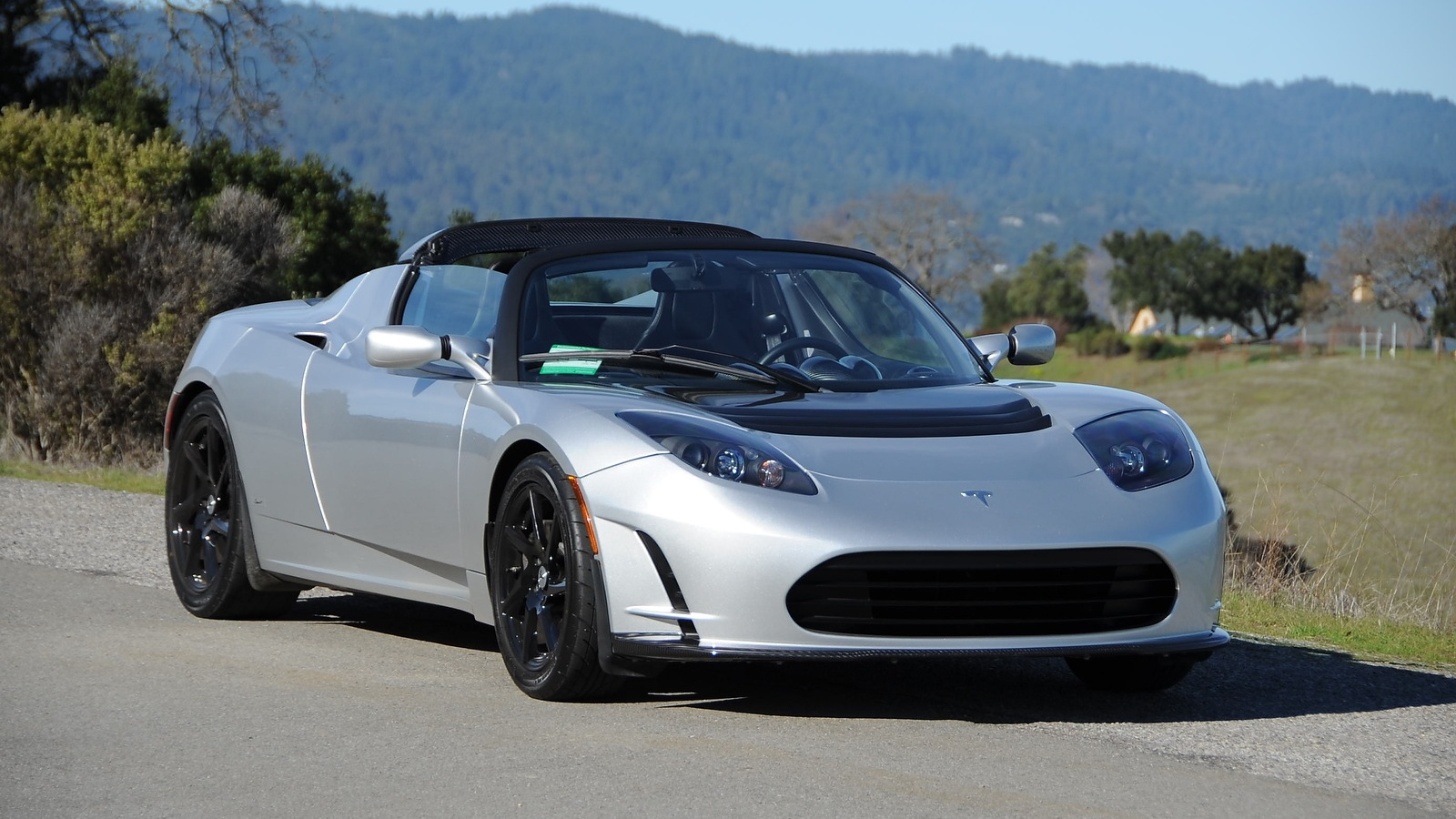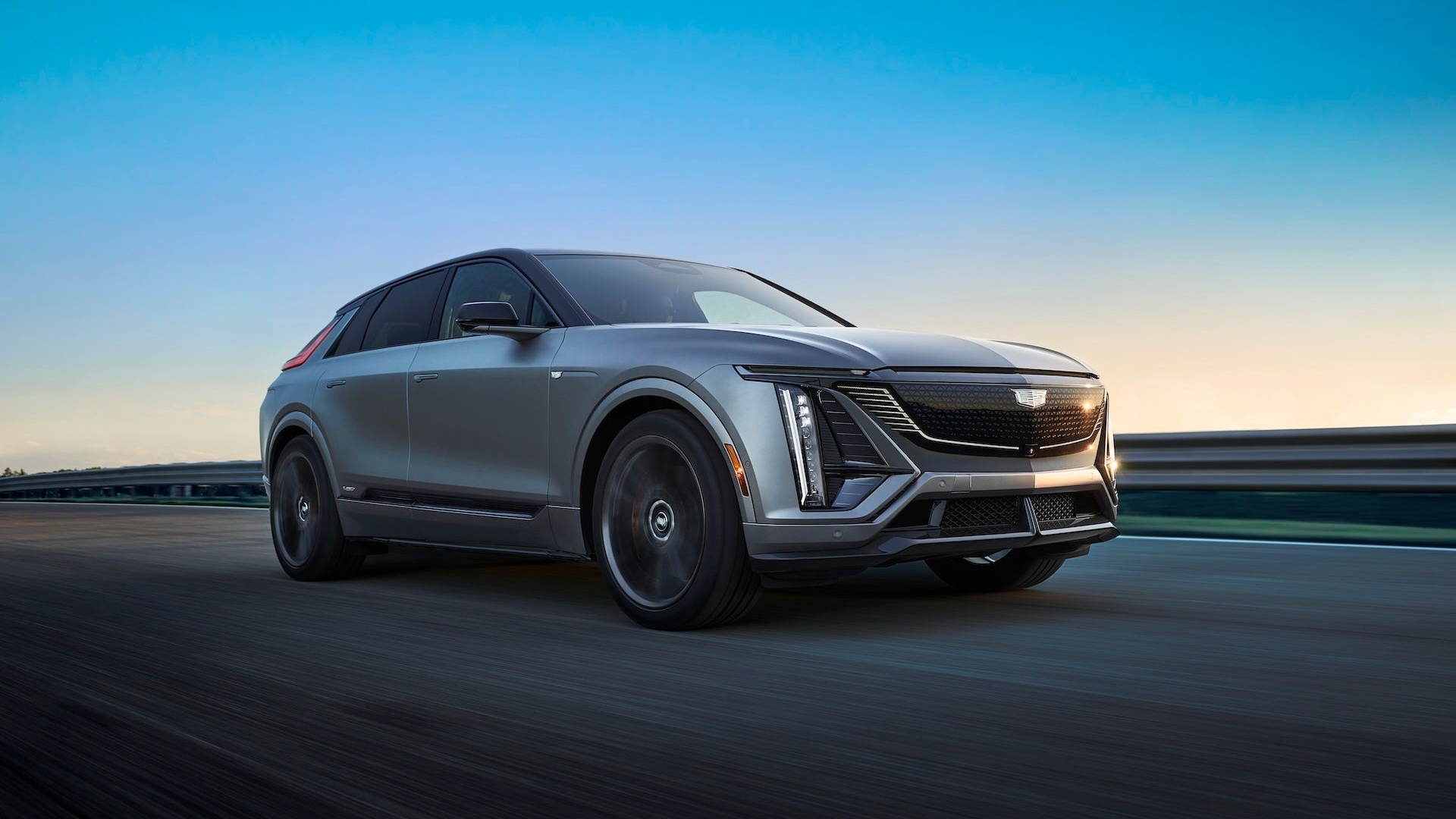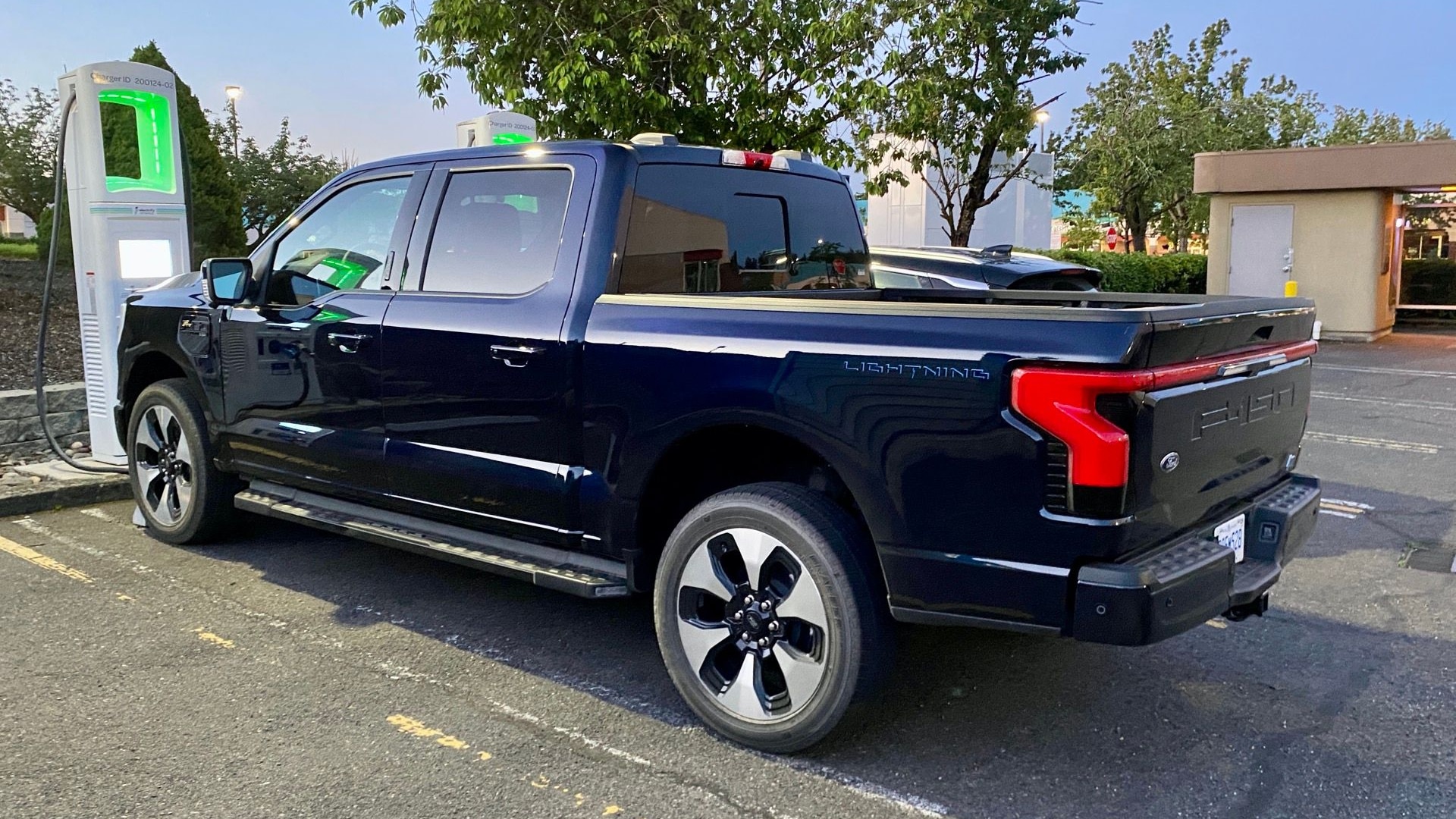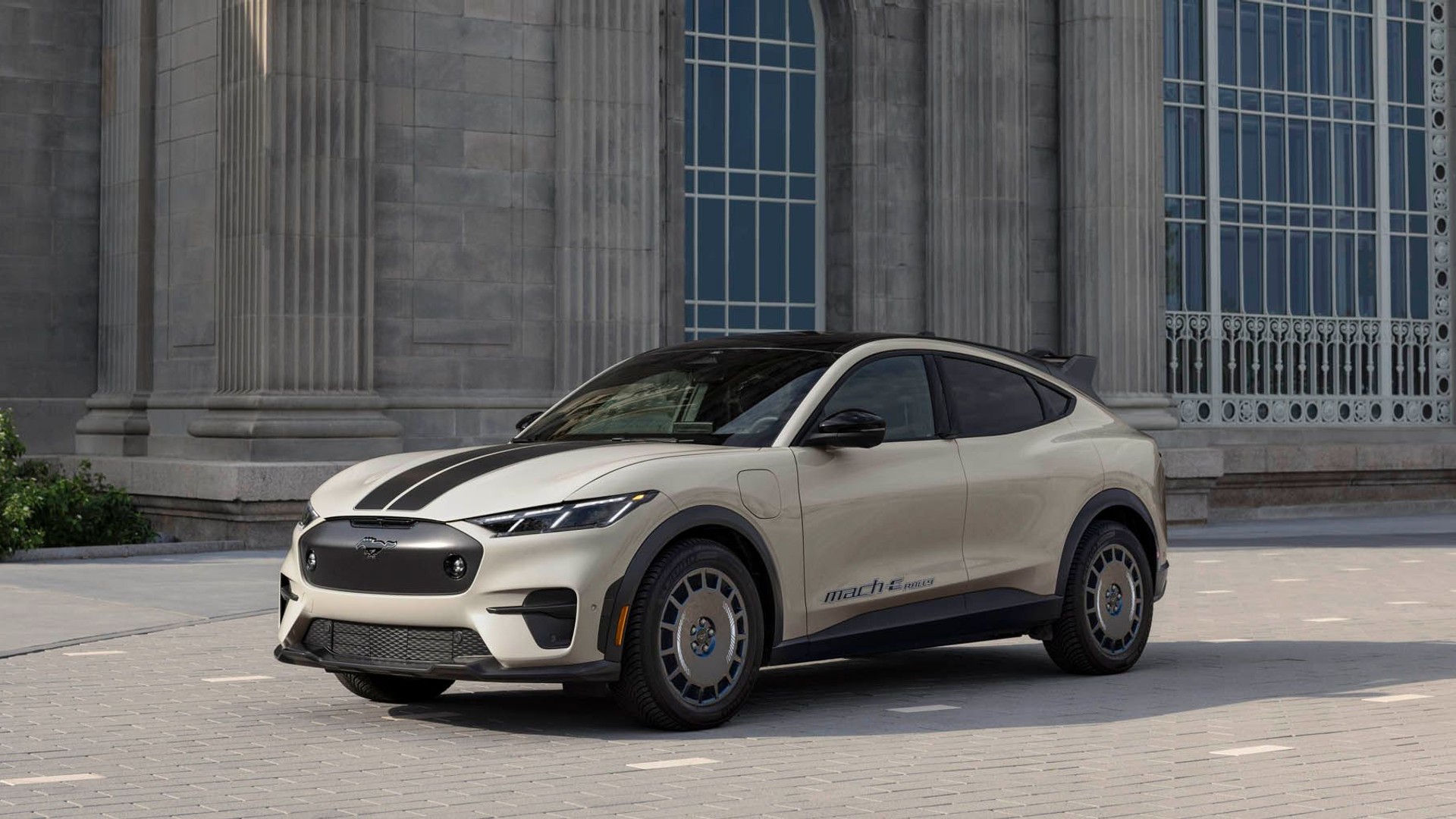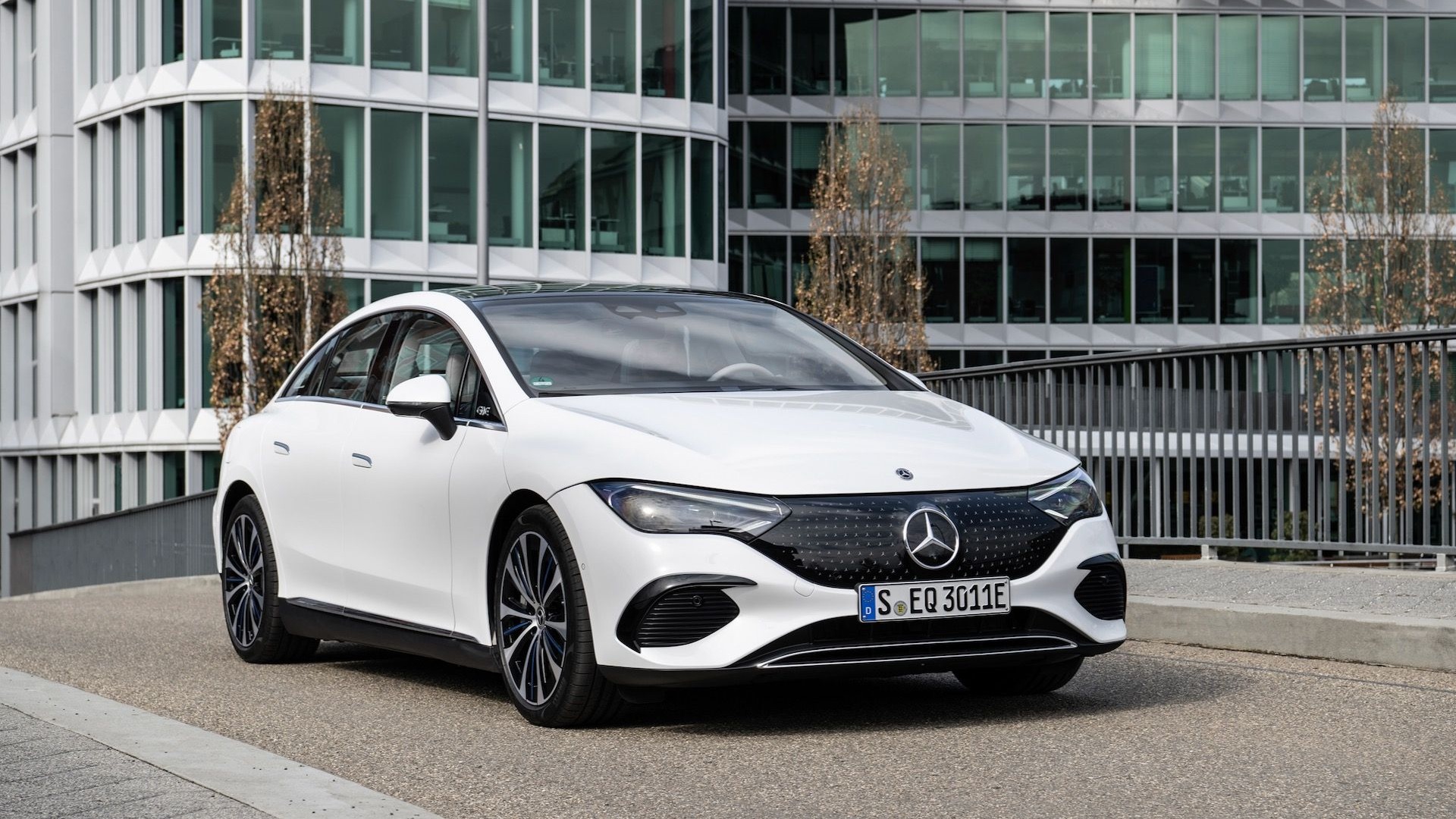BMW has announced that it's open to sharing the battery technology it uses in its i3 and i8 plug-in vehicles with other automakers.
The company hopes that by sharing the technology, which it co-developed with Samsung SDI, it will benefit from improved economies of scale.
According to Automotive News Europe, BMW purchasing boss Klaus Draeger says sharing the technology would reduce the cost of the battery cells--currently the most expensive part of the battery.
As automakers develop alternative fuel technologies like battery-electric cars and fuel-cell vehicles, many are forming partnerships with technology firms and other automakers as a way of reducing the cost of new technologies.
In the fuel-cell arena, BMW is already working with Japanese firm Toyota to develop its vehicles, the first of which are expected over the next few years.
BMW also uses batteries developed by the Chinese-owned A123 Systems in its 3-Series and 5-Series hybrid models, while the batteries used in its BMWi range--the i3 compact car and the i8 plug-in hybrid sports car--were co-developed with Korean firm Samsung SDI.
MORE: Will There Be Enough Batteries In The World For Electric Cars?
BMW plans to increase orders of battery cells from Samsung SDI by 20 to 30 percent in 2016, compared to this year's total.
But to reduce costs, BMW seems happy to invite other automakers to use the cell chemistry. That even extends to letting rival firms in on the deal. "If Mercedes called us, we would be happy to find a way with Samsung SDI to supply them with battery cells," said Draeger.
Getting Mercedes to abandon technology it already shares with Tesla (for the B-Class Electric Drive) might be a struggle, though the comment is more an example of the potential of battery collaborations.
Mercedes' partnership with Tesla further illustrates that the future battery market is likely to center around a few companies, sharing their technology with other firms to cut costs and boost volume.
For these companies, it's certainly worth staking a claim early--with the global lithium-ion battery market expected to grow to $21.3 billion by 2020.
_________________________________________




